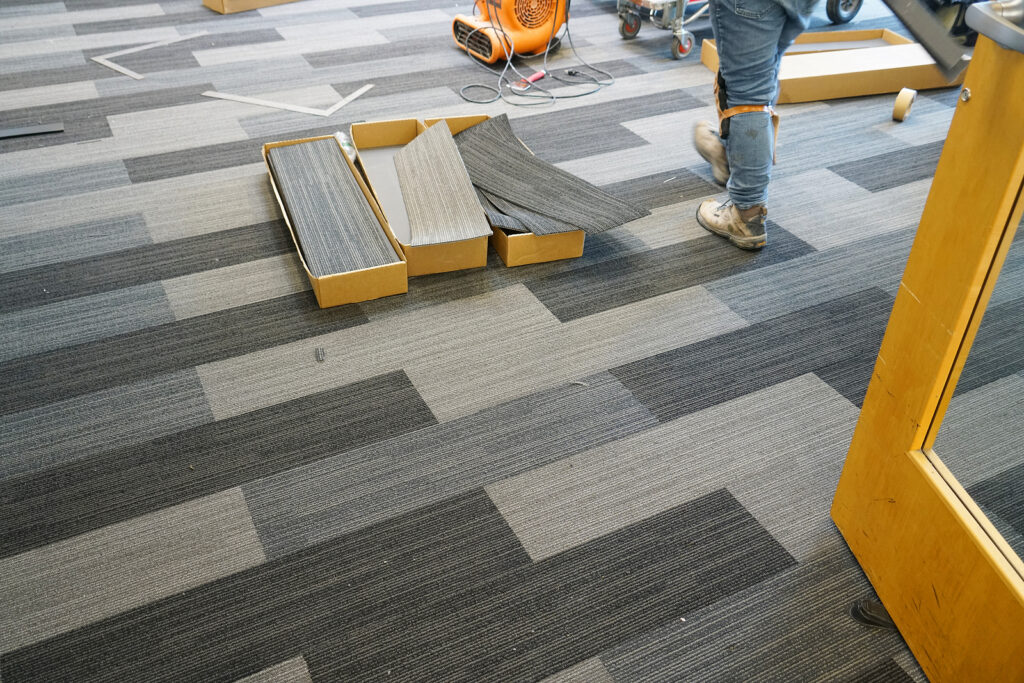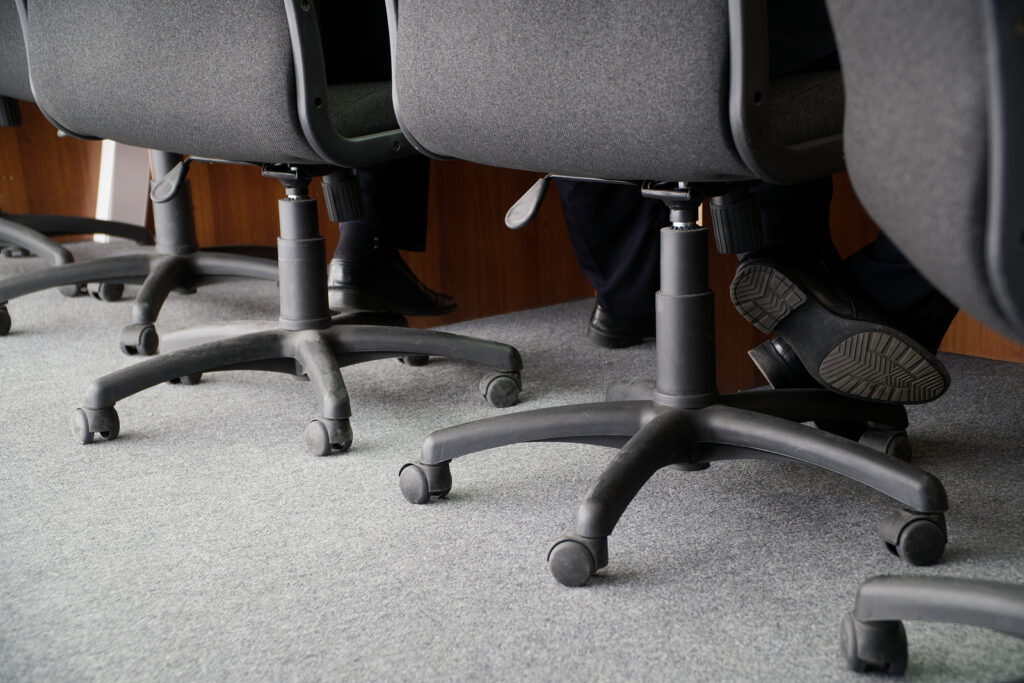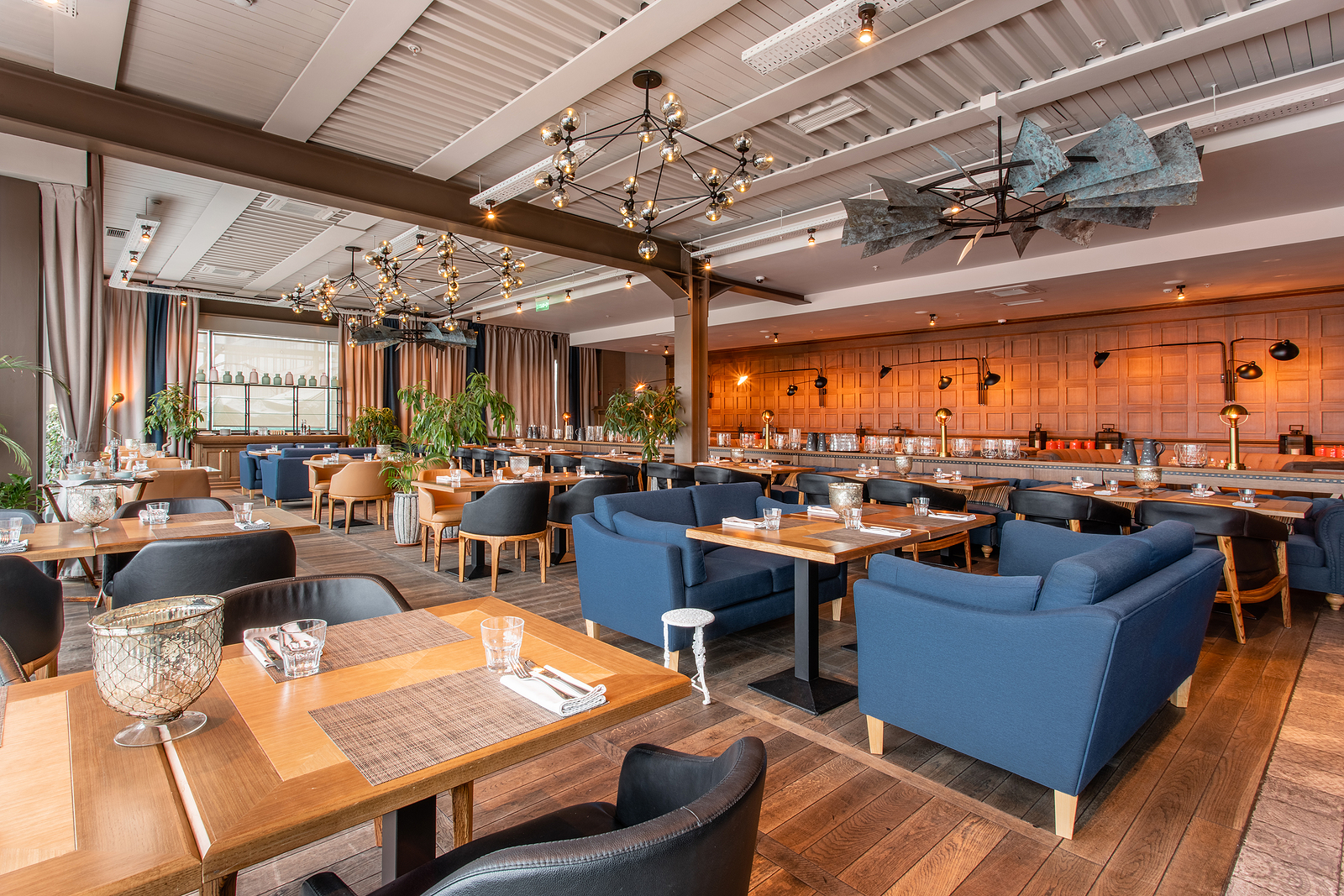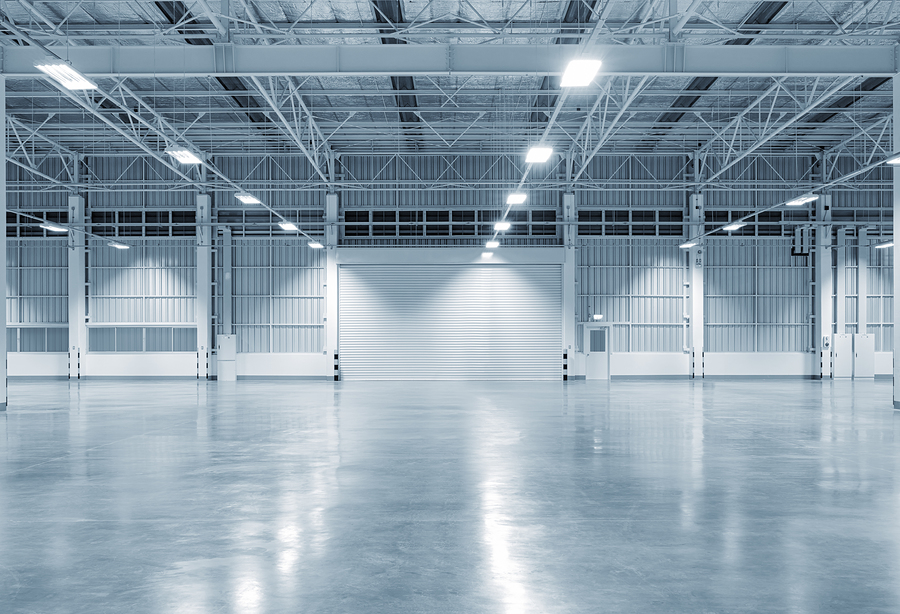Choosing the appropriate flooring for your commercial space is more than just a design choice. It’s an investment that impacts aesthetics, safety, maintenance, and even the environment. As a facility manager or business owner, navigating the expansive world of commercial flooring can be daunting. From carpeting to concrete, each flooring type offers a unique set of advantages and drawbacks.
In this comprehensive guide, we’ll walk you through everything you need to know about commercial flooring, ensuring that you’re well-equipped to make a choice that sets your business up for success.
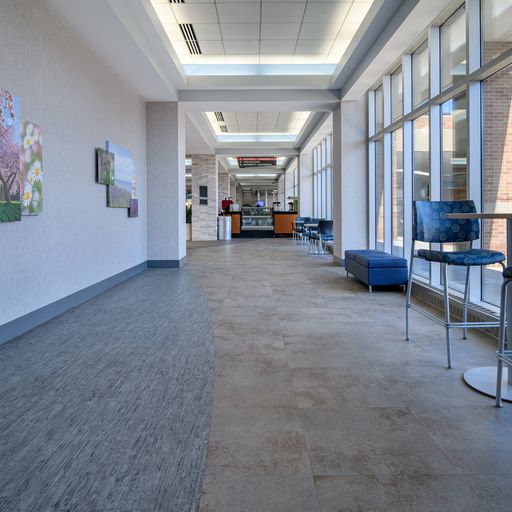
Understanding the Core Types of Commercial Flooring
Commercial spaces such as offices, retail stores, and healthcare facilities often demand flooring solutions that can withstand significant wear and tear. Understanding the different types of flooring available will help you make informed decisions regarding your specific needs.
Carpeting: The Soft Underfoot Option
Carpeting is a popular choice in commercial settings, adding warmth and sound-proofing qualities. It’s available in a wide variety of colors and styles, making it a versatile design tool. However, the maintenance of commercial carpeting requires routine cleaning to prevent wear, tear, and the buildup of allergens and bacteria.
Vinyl: Resilient and Versatile
Vinyl flooring is durable, low maintenance, and comes in numerous colors, patterns, and textures. It can replicate the look of natural materials like wood and stone while providing a softer feel underfoot. As a cost-effective solution, vinyl remains a top choice for areas with heavy foot traffic.
Tile: The Enduring Classic
Tiles, such as ceramic or porcelain, are celebrated for their longevity and resistance to moisture, stains, and scratches. They offer a sleek, professional appearance and are relatively easy to maintain. However, broken tiles can be expensive to repair, making them a less flexible solution for dynamic commercial spaces. Grout lines can also be tricky to keep clean if they are not sealed properly.
Hardwood: The Elegant and Long-lasting Option
Hardwood floors exude elegance and are hardwearing, but they may require additional maintenance to keep them looking their best in a commercial environment. Wood floors are often a top choice for creating a sophisticated ambiance in high-end businesses like boutique shops and law offices.
Concrete: The Industrial Workhorse
Long seen as a utilitarian option, concrete’s versatility is now appreciated for its minimalist aesthetic. Stained or polished concrete flooring offers unique design opportunities, and its exceptional durability makes it a prime candidate for high-traffic areas, production spaces, and warehouses.
Factors to Consider When Choosing Your Flooring
Selecting the right commercial flooring is a complex decision that involves a range of factors beyond initial cost and visual appeal. It requires a thoughtfully balanced consideration of functionality, maintenance requirements, and the user experience.
Durability and Maintenance
High-traffic commercial areas need durable flooring that can withstand the daily grind. Consider the anticipated foot traffic, frequency of cleaning, and any special maintenance requirements when assessing a flooring type’s durability.
Aesthetics and Design
The visual appeal of a flooring choice can influence customer perception and employee morale. A well-designed floor can complement and enhance a space, creating a welcoming environment for clients and staff alike.
Cost and Budget
The initial cost of the flooring material is just the tip of the iceberg. When evaluating the total cost, factor in installation, long-term maintenance, and the flooring’s lifespan. While cost is a significant consideration, it’s important to balance it with long-term value.
Safety and Slip Resistance
Safety is non-negotiable in a commercial space. Factors like slip resistance and fire safety ratings should be thoroughly evaluated, especially in areas where these risks are higher, such as entryways and food preparation spaces.
Environmental Impact
The growing awareness of environmental responsibility has led to an increase in Eco-friendly flooring options. Evaluate products based on their material sourcing, manufacturing process, and ability to be recycled or reused.
Customizing Your Flooring Selection for Different Commercial Settings
Each type of commercial flooring has its ideal setting based on the unique demands of the space. Let’s explore how to tailor your flooring choice to suit various environments.
Offices and Workplaces: In a commercial office space, comfort and cleanliness are key. Carpet tiles may be a suitable choice, as they are easy to install and replace, provide insulation, and can help control noise levels.
Retail Stores: Retail spaces need flooring that can handle heavy foot traffic while also serving as a design element. Vinyl or hardwood can provide a balance of durability, aesthetics, and ease of maintenance.
Hospitality and Restaurants: For areas where cleanliness and quick turnaround are essential, such as hotel lobbies and restaurant dining rooms, polished concrete or high-quality ceramic tiles provide both a stylish and hygienic solution.
Healthcare Facilities: In healthcare environments, hygiene and maintenance are paramount. Non-porous, bacteria-resistant flooring materials, such as sheet vinyl, are recommended in patient rooms to reduce the risk of infection.
Educational Institutions: Schools and universities require robust flooring that resists damage from desks and chairs. Additionally, easy-to-clean surfaces like linoleum can manage the regular maintenance required in these bustling environments.
Commercial Floor Installation and Maintenance
The installation and ongoing care of your commercial flooring are as important as the choice of material itself. Neglecting proper maintenance can lead to premature wear and even pose safety hazards.
Hiring Professionals
Consulting with professional flooring contractors from the outset can prevent costly mistakes later. They have the expertise to recommend and install the right flooring for your space, ensuring it’s done correctly the first time.
Proper Cleaning and Maintenance Techniques
Implementing a regular cleaning and maintenance schedule is crucial for preserving the integrity of your commercial flooring. Whether it’s daily vacuuming, periodic deep cleaning, or refinishing, following manufacturer guidelines and professional advice will extend the life of your investment.
Repair and Replacement
Addressing any damage or wear promptly is essential for maintaining a professional appearance and safe environment. Repair and replacement options will vary based on the type of flooring, but again, professional guidance can help you navigate these challenges successfully.
In Summary
Investing in quality commercial flooring is investing in the foundation of your business. The right flooring can enhance your brand, provide a safe and productive work environment, and even contribute to your company’s sustainability goals. Take the time to assess your needs thoroughly, explore all the options available, and consider consulting with professionals to ensure the choice you make is the best one for your space, ensuring that your business is set to thrive from the ground up.
Are you ready to upgrade or install new flooring in your facility or office space? Contact BAF Corporation at 317-253-0531 for superior commercial flooring services in Indianapolis, Indiana. We serve all of Central Indiana and its surrounding locations.
Related Posts:
Routine Cleaning Tips for Commercial Polyurethane Flooring
Top Options for Soundproofing Commercial Floors
Why You Should Consider Epoxy Floor Coatings

